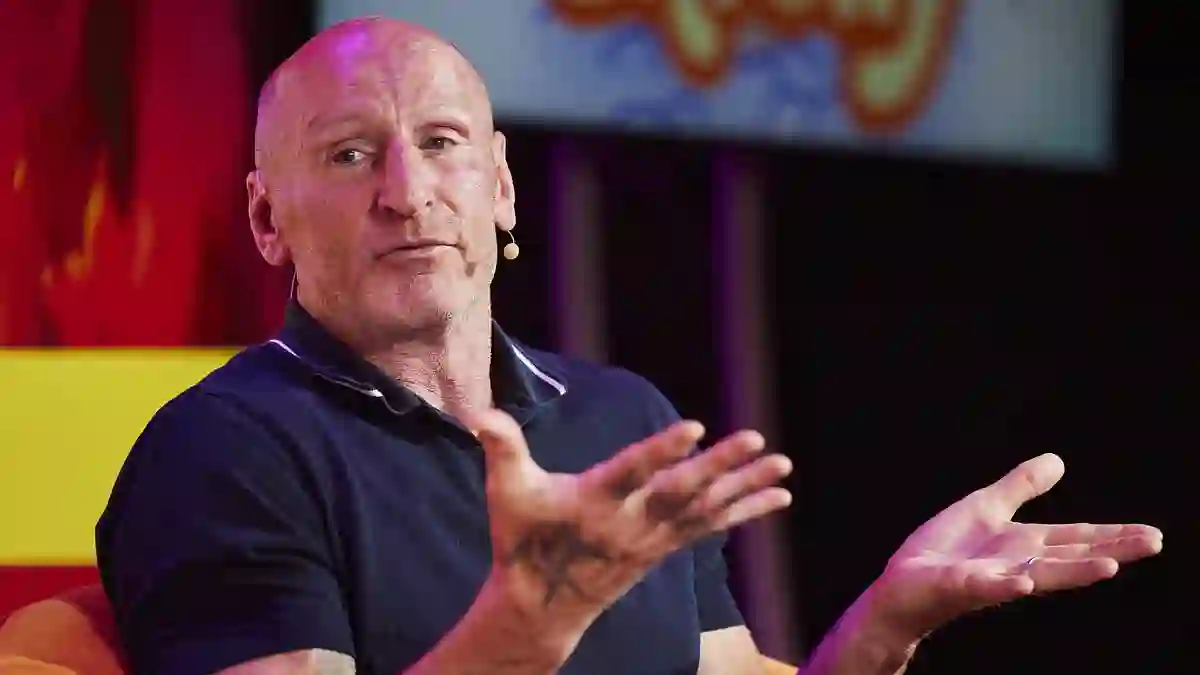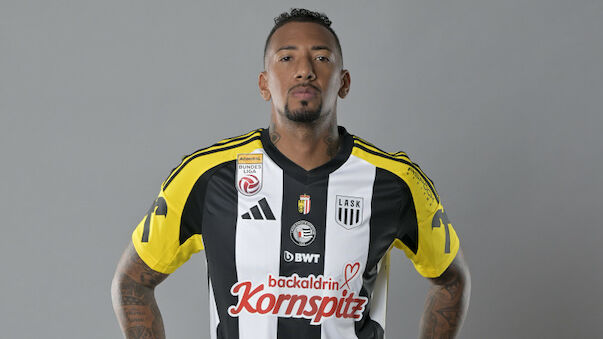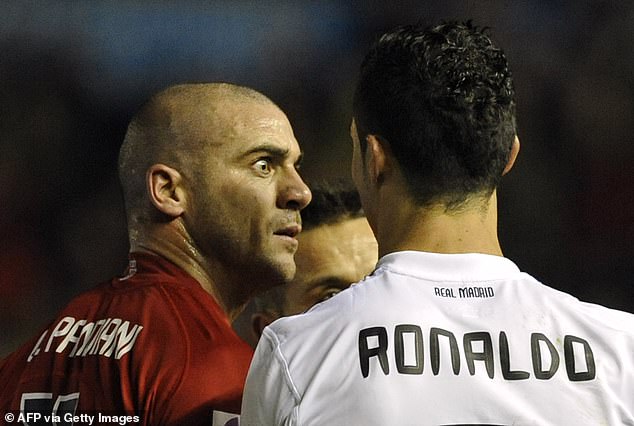For all the talk about progress, Gareth Thomas believes sport hasn’t truly changed when it comes to LGBTQ+ inclusion.
Speaking on Bryony Gordon’s podcast The Life of Bryony, the former Welsh rugby captain described the sporting world as “toxic” and “very homophobic,” despite decades of campaigns to make it more welcoming.
A Career That Broke Barriers
Thomas is a legend in rugby.
He not only captained Wales but also led the British and Irish Lions, achieving more than 100 national caps for his country.
In 2009, he made history as the first professional rugby player to come out as gay.
Ten years later, he bravely revealed his HIV-positive status—while emphasizing that it was undetectable and non-infectious.
But even with all that trailblazing, Thomas says the culture inside sport hasn’t moved forward.
Life Inside the Changing Rooms
Reflecting on his playing days, Thomas recalled how team talks often included language that demeaned players in homophobic terms.
“If someone couldn’t run, they ran like a b*****. If someone couldn’t catch, they caught like a f*****,” he told Gordon.
For him, sitting in those rooms was a painful reminder that being gay didn’t fit the “masculine” mold expected in rugby.
“I thought I couldn’t possibly be gay, because I could run and catch like everybody else,” he explained.
The toxic environment left him questioning his identity throughout his career.
The Illusion of Progress
Thomas argued that the lack of openly gay male athletes across different sports shows the problem is still alive and well.
“Out of the millions who play professionally—American football, baseball, rugby—can you name five openly gay male players?” he asked.
“I can’t. And I know my sport better than anyone. If progress has really been made, why is it still so hard to name them?”
Pressure on Women Too
It’s not just men facing barriers.
According to Thomas, women are discouraged as well—sometimes avoiding sports altogether because they don’t want to be stereotyped or misidentified as gay.
“As a professional, you don’t want to be defined by your sexuality every time you step onto the field,” he said.
Personal Struggles Behind the Glory
Thomas has previously admitted that during his career, the pressure and isolation drove him to suicidal thoughts.
While he has since devoted himself to HIV awareness and pushing for inclusivity, he says sporting institutions still haven’t done enough.
“Unions and associations love to say they’re diverse,” he explained.
“But it’s not enough to say the right words—you need to make sure people can’t get away with homophobia.”
A Call for Real Action
When he came out, Thomas remembers the rugby union offering support.
His response? It was too late.
“There’s nothing more you can do now,” he told them, “but there was a lot you could have done before.”
He insists sports organizations must create an environment where players don’t have to risk everything just to be accepted.
“We need to be better,” he stressed.
Continuing the Conversation
Though retired since 2011, Thomas continues to use his platform to demand change.
He believes real inclusivity will only arrive when young athletes no longer fear being themselves in the locker room or on the pitch.
You can hear his full conversation with Bryony Gordon by searching The Life of Bryony podcast on your favorite listening platform.



